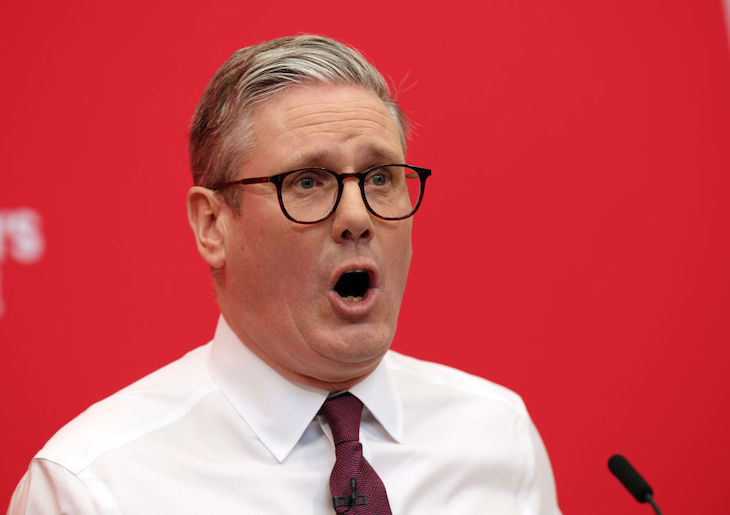Academic conferences – even ones about politics – rarely make the news. This week’s annual conference of UK political scientists at the University of Strathclyde in Glasgow talked about many interesting topics, including the link between football and populism in Southern Europe and the role that comedy plays in the formation of Scottish identity.
Already a subscriber? Log in
Subscribe for just $2 a week
Try a month of The Spectator Australia absolutely free and without commitment. Not only that but – if you choose to continue – you’ll pay just $2 a week for your first year.
- Unlimited access to spectator.com.au and app
- The weekly edition on the Spectator Australia app
- Spectator podcasts and newsletters
- Full access to spectator.co.uk
Or




















Comments
Don't miss out
Join the conversation with other Spectator Australia readers. Subscribe to leave a comment.
SUBSCRIBEAlready a subscriber? Log in